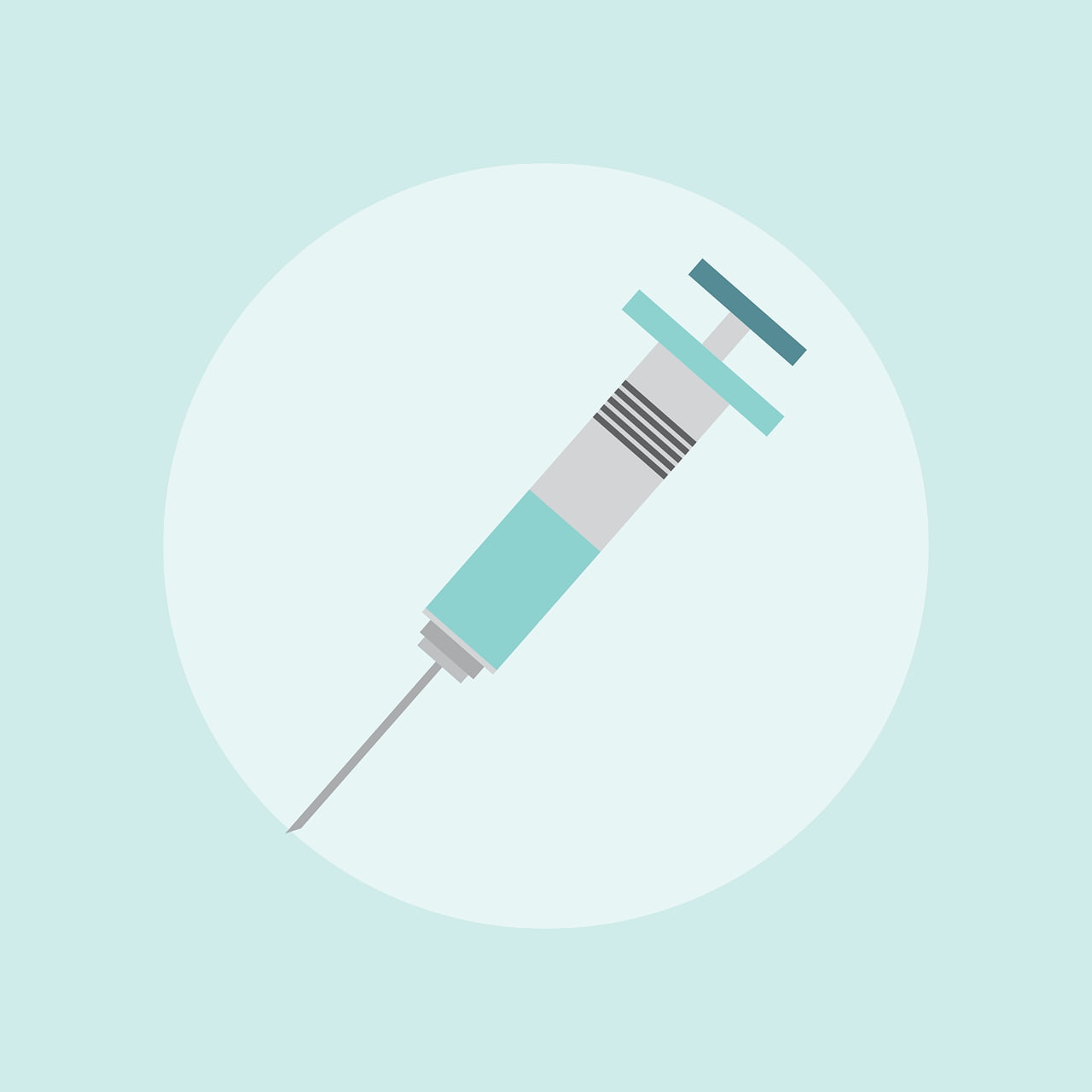Background on today’s agreement
Today’s agreement brings the cost of the injection to US$40 per person per year. The lenacapavir prevention regimen also requires an initial oral dose when starting the regimen – two tablets to be taken on the day of the first injection and two tablets to be taken on the following day, to ensure protective levels of the drug are reached quickly. As part of the agreement, the price of the oral course will cost no more than US$17, supporting affordability of the full regimen.
Dr. Reddy’s is now positioned among the first generic suppliers to come to market, helping establish the competitive landscape essential for long-term success. Multiple suppliers create competition that keeps prices low, safeguards against supply disruptions, and gives countries procurement flexibility – critical factors for scaling up access effectively.
“For too long, low-income countries have waited years for access to breakthrough medicines,” said Buddy Shah, CEO of CHAI. “This deal changes that – by 2027, a nearly 100% effective HIV prevention tool will be affordable and available at the same time globally. It’s a new model for how innovation reaches those who need it most.”
This pricing breakthrough is part of Unitaid’s broader strategy to integrate lenacapavir into HIV prevention programs. The organization is supporting policy and regulatory processes while working with communities and health systems in early adopter countries to ensure rapid, effective uptake. Unitaid is also supporting real-world research through Wits RHI and Fiotec in South Africa and Brazil to answer key implementation questions about integrating lenacapavir into national HIV programs, and developing new investments to support decentralized, community-based delivery approaches across sub-Saharan Africa.
While Gilead’s voluntary licenses are an important step forward, they still do not extend to all countries in need. Unitaid remains committed to addressing access barriers in countries not covered by the existing agreements.
Notes to the editor
Media contacts:
- Unitaid: Kyle Wilkinson, Media Officer, , +41 79 445 17 45
- CHAI: Corina Milic, Director of Communications, , +1 416 371 6313
- Wits RHI: Susie Cornell, scornell@wrhi.ac.za, +27 79 882 7913 / Deshni Naidoo, , +27 82 608 4485
- Dr. Reddy’s Laboratories: Richa Periwal, richaperiwal@drreddys.com, Priya K,
About Unitaid
Unitaid saves lives by making new health products affordable and available in low- and middle-income countries. Collaborating with partners, Unitaid identifies innovative treatments, tackles market barriers, and quickly delivers solutions to those in need. Since 2006, Unitaid has unlocked over 100 health products, addressing HIV, TB, malaria, women’s and children’s health, and pandemic preparedness. Every year, these products benefit more than 300 million people. Unitaid is a hosted partnership of the World Health Organization. www.unitaid.org
About CHAI
The Clinton Health Access Initiative, Inc. (CHAI) is a global health organization committed to saving lives and improving health outcomes in low- and middle-income countries by enabling the government and private sector to strengthen and sustain quality health systems. For more information, please visit: www.clintonhealthaccess.org
About Wits RHI
Wits RHI, is a research institute of the University of the Witwatersrand, established in 1994 by Professor Helen Rees to support South Africa’s newly democratic government in shaping national health policies, has grown into a leading African research and implementation institute with a global reputation for innovation and responsiveness to health challenges. With a 30-year track record in investigator-led and consortia studies, Wits RHI excels in policy development and implementation across diverse populations and all phases of clinical trials. Its multidisciplinary approach integrates research, technical assistance, advocacy, and health systems strengthening to deliver impactful solutions in infectious and vaccine-preventable diseases, maternal and family health, antimicrobial resistance, and climate-related health crises. The Institute applies rigorous epidemiological and qualitative methods to identify health problems, generate evidence, and evaluate interventions in real-world settings. Its work spans vaccines, therapeutics, diagnostics, and modelling, with a focus on HIV, TB, STIs, COVID-19, influenza, Mpox, Rotavirus, and outbreak pathogens including Poxviruses, Ebola, and Yellow Fever. www.wrhi.ac.za
About Dr. Reddy’s Laboratories
Dr. Reddy’s Laboratories Ltd. (BSE: 500124, NSE: DRREDDY, NYSE: RDY, NSEIFSC: DRREDDY) is a global pharmaceutical company headquartered in Hyderabad, India. Established in 1984, we are committed to providing access to affordable and innovative medicines. Driven by our purpose of ‘Good Health Can’t Wait’, we offer a portfolio of products and services including APIs, generics, branded generics, biosimilars and OTC. Our major therapeutic areas of focus are gastrointestinal, cardiovascular, diabetology, oncology, pain management and dermatology. Our major markets include – USA, India, Russia & CIS countries, China, Brazil and Europe. As a company with a history of deep science that has led to several industry firsts, we continue to plan ahead and invest in businesses of the future. As an early adopter of sustainability and ESG actions, we released our first Sustainability Report in 2004. Our current ESG goals aim to set the bar high in environmental stewardship; access and affordability for patients; diversity; and governance. For more information, log on to: www.drreddys.com
SEE ALSO:
